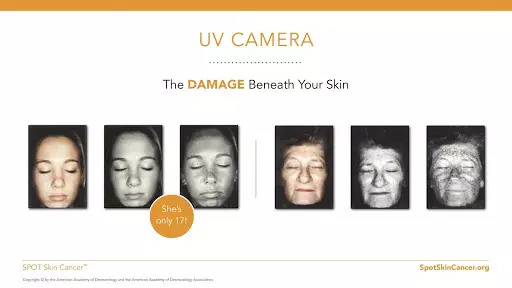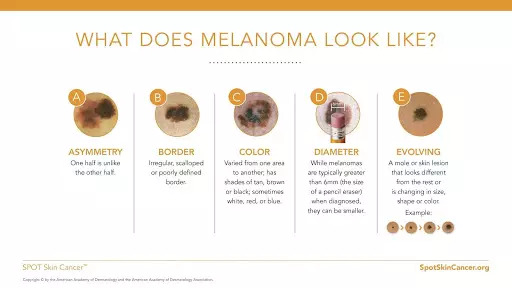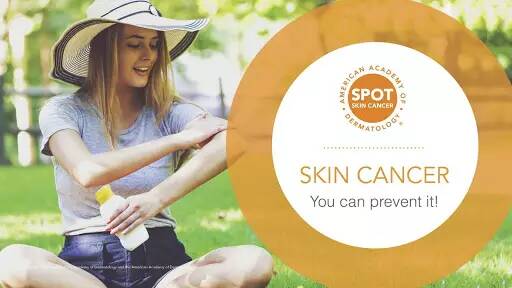Unthawing each spring after a long, cold winter can tempt even the most rigorous skin-care aficionado into leaving their sunblock at home in favor of soaking up some rays. Our bodies and minds are craving Vitamin-D that isn’t in capsule form, as well as the chance to defrost our toes with an iced tea in hand. Unfortunately, particularly at the altitudes of the high desert in Central Oregon, this temptation has the potential to cause sunburn and skin damage that may progress into skin cancer over time.

What to Know
Most of us know that skin cancer is the most common form of cancer in the United States — though it’s often a surprise to hear that 1 in 5 Americans will develop a dangerous lesion over the course of their lifetime. All the more astonishing is that skin cancer is the second most common cancer amongst women aged 15 to 29, and that another 96,480 new melanomas are expected to be diagnosed in 2019.
Between 2008 and 2019, the number of invasive, life-threatening cases mentioned above increased by a shocking 54%. To keep yourself and those you love safe and healthy, remembering a few of the American Academy of Dermatology’s (AAD) tips and suggestions when spending time in the sun can make all the difference.

Important Takeaways
- Skin Cancer is the most common form of cancer in the United States.
- Both young and older individuals are at risk.
- Melanoma cancers are highly treatable when caught early.
- A single blistering sunburn can increase the likelihood for skin cancer by over 50 percent.
- Melanomas can hide in hard to view places such as under the fingernails, between the toes, and on the scalp.
- Melanoma symptoms and signs often follow the ABCDE’s that the AAD outlines above.
- Memorize and document your moles, and be cognizant of any changes.
- After performing a self-exam, record your moles on a Body Mole Map through SpotMe.org
For more information, visit The American Academy of Dermatology, or schedule an appointment with us for a skin cancer screening!
(https://www.cancer.org/cancer/melanoma-skin-cancer/about/key-statistics.html)
(https://rockymountainurgentcare.com/why-higher-altitudes-are-hard-on-the-skin/)
(https://www.aad.org/public/spot-skin-cancer/programs/screenings)
(https://www.aad.org/media/stats/conditions)
(https://rockymountainurgentcare.com/why-higher-altitudes-are-hard-on-the-skin/)


Recent Comments